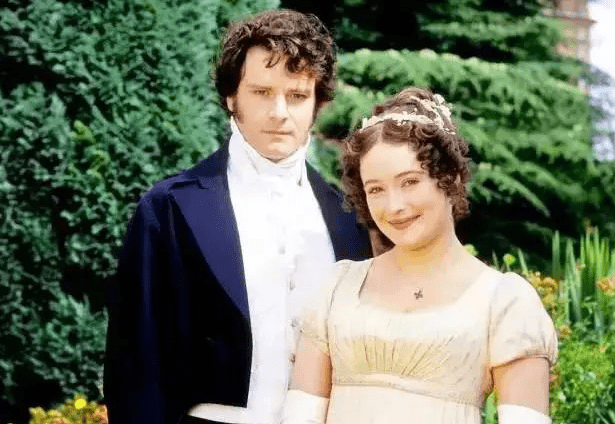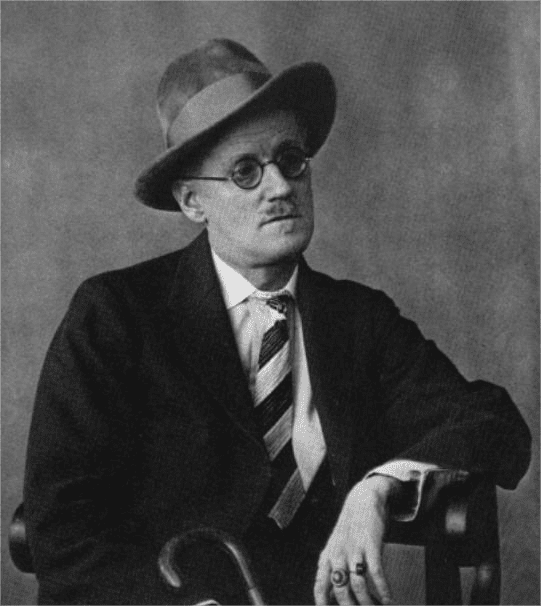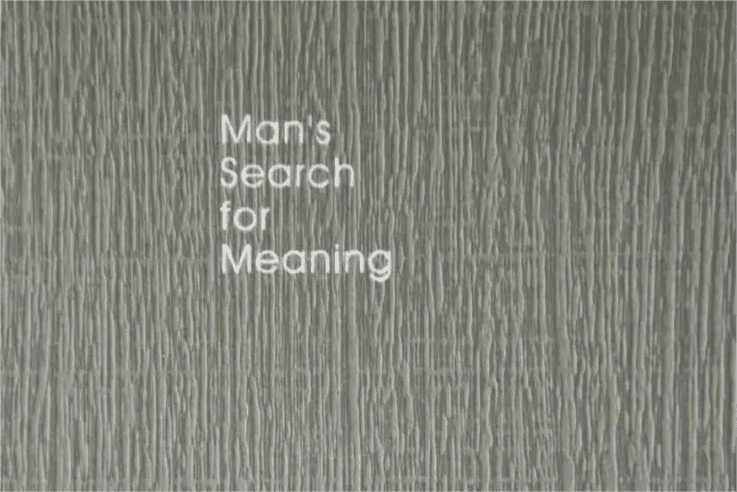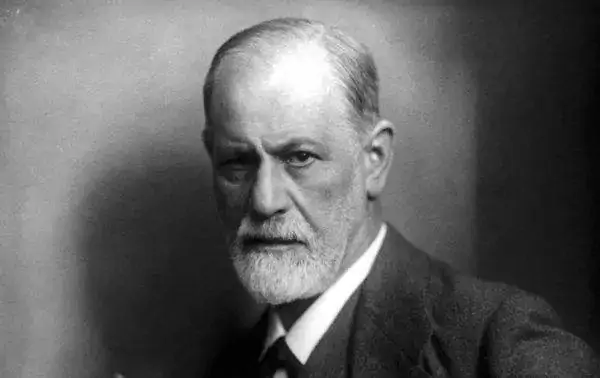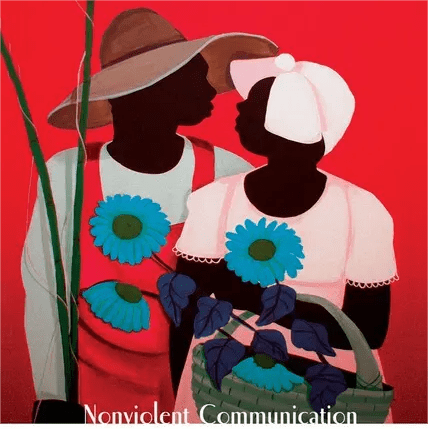As far as I can remember, Pride and Prejudice has always been on my reading list as a “masterpiece”. And “famous” well, always need people to summon up a certain amount of courage, whipping lazy random self, with a devout state of mind to read. “Pride and Prejudice” is also highly praised among the reviews I have heard, such as “portrays an independent female image” and so on the introduction has already been tied to my perception of it. But in the course of reading, some of the book’s plot moves forward in a surprising way, followed by some disappointment. Because the original subconscious put it with Hugo, Balzac and other works on the same list of “masterpiece”, but its depth and those masterpieces really have a certain distance.
First, “pride” and “prejudice” collision of marriage.
Pride and Prejudice focuses on the romantic entanglements of the Bennet daughters. Elizabeth is the second daughter of the Bennet family, as a heroine, she is not perfect. Jane, the eldest of Bennet’s five daughters, was of the most distinguished appearance, and of a kind and steady character; Mary read quickly; The two youngest daughters, Lydia, were dissolute. Kitty was irritable and always followed in Lydia’s footsteps. I don’t know if the author had ulterior motives for these women when designing the task, but at least in these five people, the light is different. Because they are different, so they have different views on marriage and mate choice. In fact, in this sense, everyone’s life should be respected, not that a daughter who made a conscious and correct choice ended up living a perfect life. Of course, because of different ideas, the book also leads to the protagonists because of their own likes and dislikes and some prejudice against others.
In this book, “prejudice” is used as a word repeatedly, not only around the reader’s mind, hovering in the author’s meaning, even in the story of the character’s self-disclosure, is also inserted. The main reason why I think this novel is inferior to other “masterpieces” is its lack of characterization, because the characters are not yet full, but the plot has to move forward — for example, Darcy clearly has no feelings for Elizabeth, but suddenly inexplicably like her, and Elizabeth’s good qualities, such as humor and wisdom, mentioned in the book, We do not feel in the previous text, relying entirely on a female aura to allow readers to freely imagine the complement. The reason why the author neglects the shaping of details like this is probably because he is eager to preach to the readers and constantly uses the inner thoughts of the characters in the story to interpret the formation of “prejudice” and “arrogance”.
“Prejudice” can also be said to be the heroine’s most obvious character. It begins with the heroine’s prejudice and ends with the elimination of it. Because of the “arrogance” of the hero’s own character, he and the heroine’s first encounter is very unpleasant. As a result of this displeasure, the heroine has a deep prejudice against the hero, and then is very rude to the hero.
What is the antidote to hubris? What is the antidote to prejudice? The hero in the heroine several times after the cold and tough response, finally self-review; And the heroine in the hero several times after the gallantry, also put down the previous stereotype, produce a new understanding. These two opposite attitudes brought the pair together.
Ii. Pride and Prejudice in the Story.
At the end of the story, both the hero and the heroine deeply reflect on the bad roots of their characters. The hero Darcy thinks that this “arrogance” is he has been cultivated and connived at, he also because of this shortcoming and almost miss the good match; Elizabeth, the heroine, thinks that “prejudice” makes her unable to view Darcy calmly and objectively, and this kind of crude emotion directly driven by the subconscious will make her unable to distinguish right from wrong. But, in the end, did anything change in the two of them? Let this question be put aside for a moment, and let us look at the concrete representation of these two personality behaviors in the book.
First of all, Elizabeth’s prejudice against Darcy originates from Darcy’s arrogance in the ball, he does not associate with unfamiliar people too much. And since dancing, as a means of bringing strangers together, ought to be new, Mr. Darcy’s behaviour seemed out of place. His devotion to his habit was such that he was considered affronted — his lack of invitations must have been contemptuous and dishonorable, and must have been rooted in his pride. It is natural that, in the common view of the public, Elizabeth has the initial “prejudice” against Darcy. And when Darcy did not want to ask her to dance, the opinions of others were confirmed and exaggerated by her. The charge of Mr. Darcy’s insolence and conceit was truly established in her mind.
And then there was Mr. Wickham’s denigration of Darcy. Miss Bennet, including Elizabeth, had a very good impression of Wickham on account of his outstanding appearance and charming manners, and naturally placed their confidence in him. Elizabeth was very prejudiced; she trusted her instincts too much. Elizabeth, too, wondered later why she had believed Wickham’s exaggerated compliments, and thought him a man to be trusted, on their first acquaintance with him. When Mr Wickham appears unable to identify with Mr Darcy and as a victim of his own experience of his cruelty, Elizabeth naturally feels more sympathetic towards him. They were on the same team. What Darcy had done, in fact, was not so damaging.
Elizabeth is like an ignorant human, and Wickham is like a little devil, leading her to the heart of darkness. Fortunately, Elizabeth still has angels around her. Her sister Jane represented kindness, and her tolerance of human nature; Aunt Mrs Gardiner, who was a wise man, always looked over everything. In this way, after seeing Wickham and accepting Darcy’s help, Elizabeth finally realized that it was foolish to judge a man’s character without analysis.
Iii. “Pride” and “Prejudice” in Human Nature.
But who is to say that “prejudice” has disappeared? When Elizabeth knew what he had done for herself, she thought Darcy was such a wonderful man. In terms of Darcy’s opinion, we have to go back to the original discussion of Darcy. “Nothing else,” interposed one of the Lu boys; ‘If I were as rich as Mr. Darcy, I do not know how proud I should be. I would certainly breed a lot of hounds and drink a bottle of wine every day. ‘” Is there a bias implicit in the popular perception that arrogance is normal for a man of Darcy’s wealth?
How lovely Mr Darcy is when he is approachable when he should be haughty. Is this not “prejudice”?
“Prejudice” has always influenced people’s behavior.
What about “arrogance”? Pride always follows prejudice.
Who is the most “arrogant” person in the book? It must be Lady Catherine. She was full of prejudice against Elizabeth’s birth, and thought that a person like her must be of low character, and despised Elizabeth. And Elizabeth, the heroine? Was there not pride in her, born of prejudice? When she found that Charlotte agreed to the marriage proposal of the man she hated, she thought that Charlotte “had no regard for lofty sentiments”, but in fact, when she visited Darcy’s manor, she dreamed of being the hostess there. And she always thought the behavior of her family was a disgrace to her, and really looked down upon them. Especially like sister Lydia elopement, but also because Lydia debauchery, so more let Elizabeth despise. And, of course, her dislike of a rich man like Darcy was a haughty gesture full of prejudice. This is to put themselves on an absolute moral high ground. But these are also uninformed assessments, known as “biases”.
Therefore, we can hardly escape prejudice, nor can we get rid of self-righteous arrogance. The same is true of Darcy and Elizabeth (just as his own decision to sever contact between them, because he had taken the liberty of surmising Jane’s feelings for Bingley, was an act of pride born of his own prejudice). Only, for a moment, we wake up from our headlong stubbornness, and then, like Elizabeth, admit that our prejudice has blinded us, and let go for a moment of its arrogance.
This novel can’t be said to be bad, but it does fall short in the characterization. The author seems to be trying to explain to the reader the consequences of “prejudice” and “arrogance”, so eager that she almost grabs the microphone from the protagonist to deliver her speech. But it would make a pretty good romance, because the director could put a lot of stuff into it.


